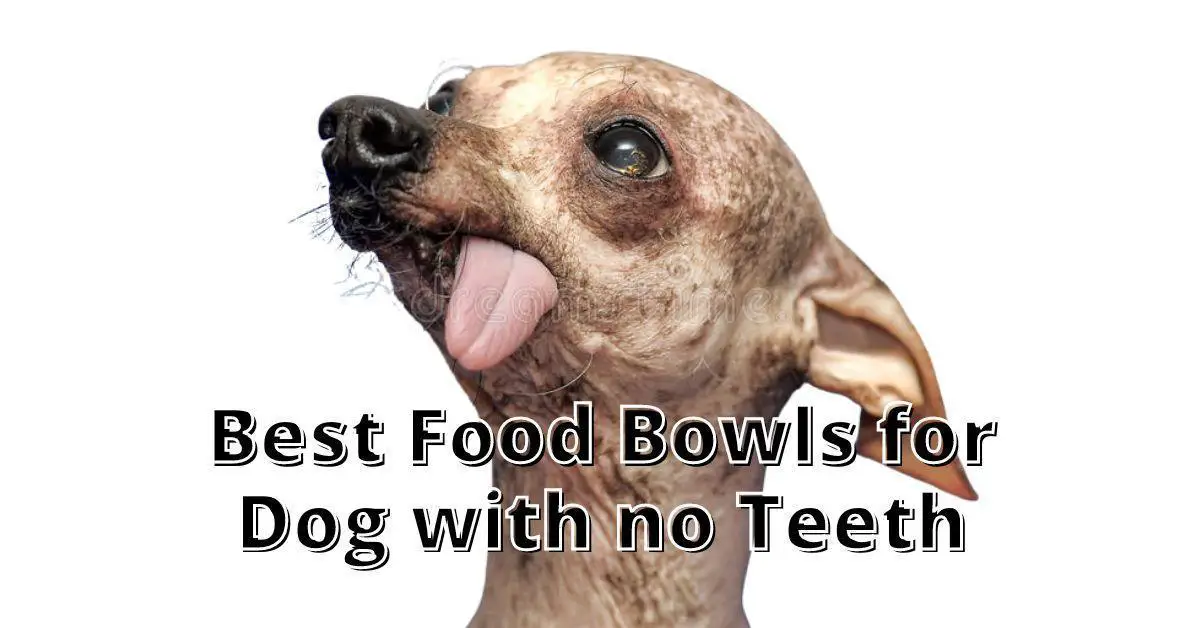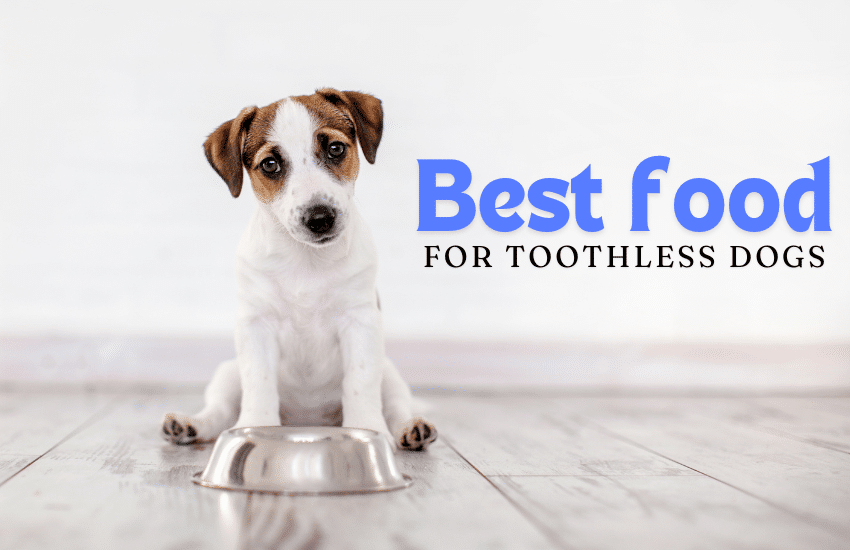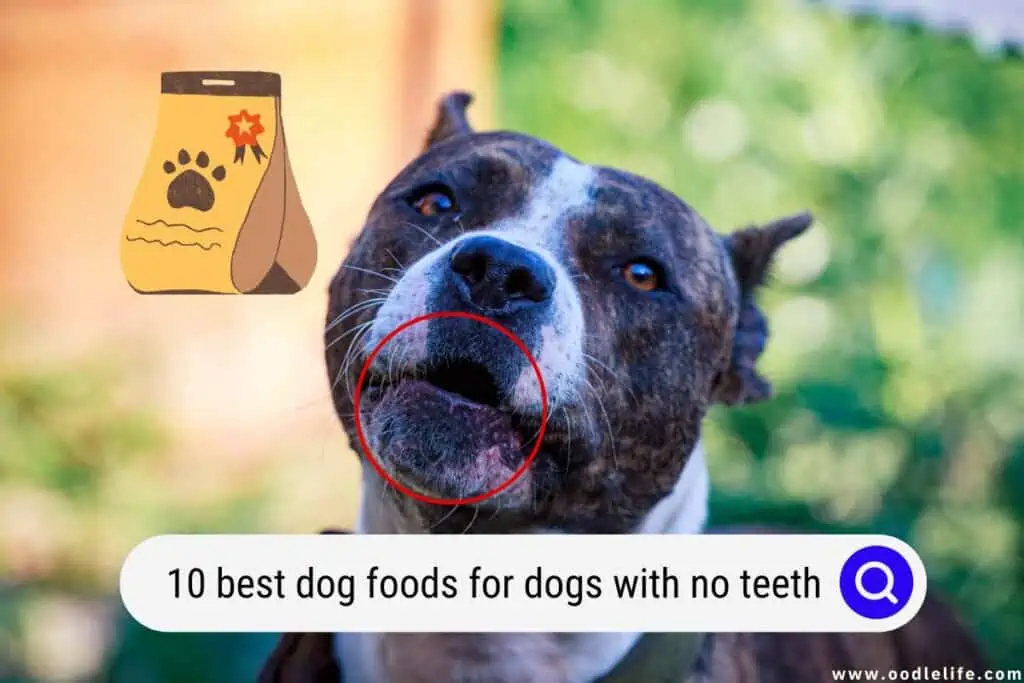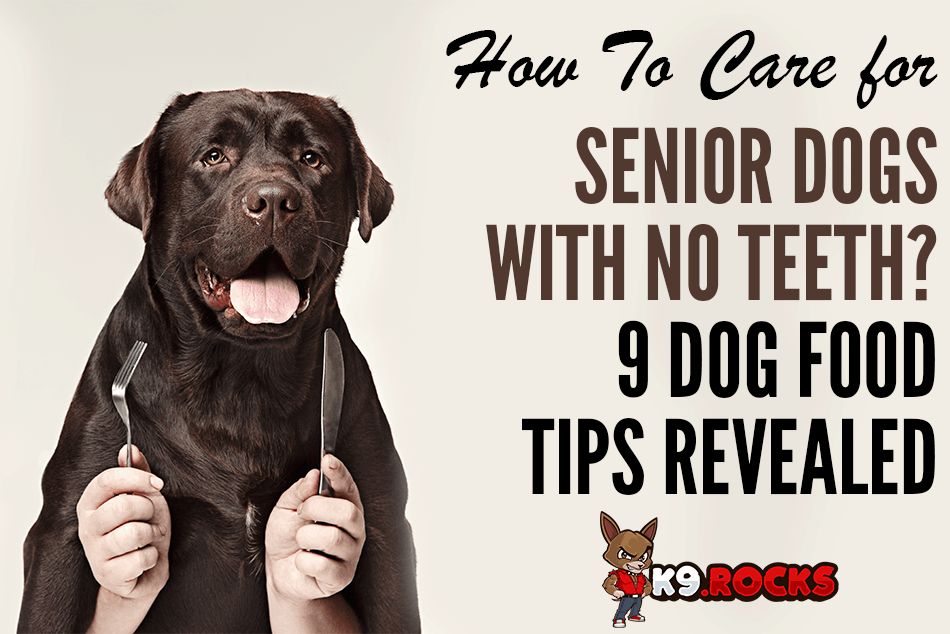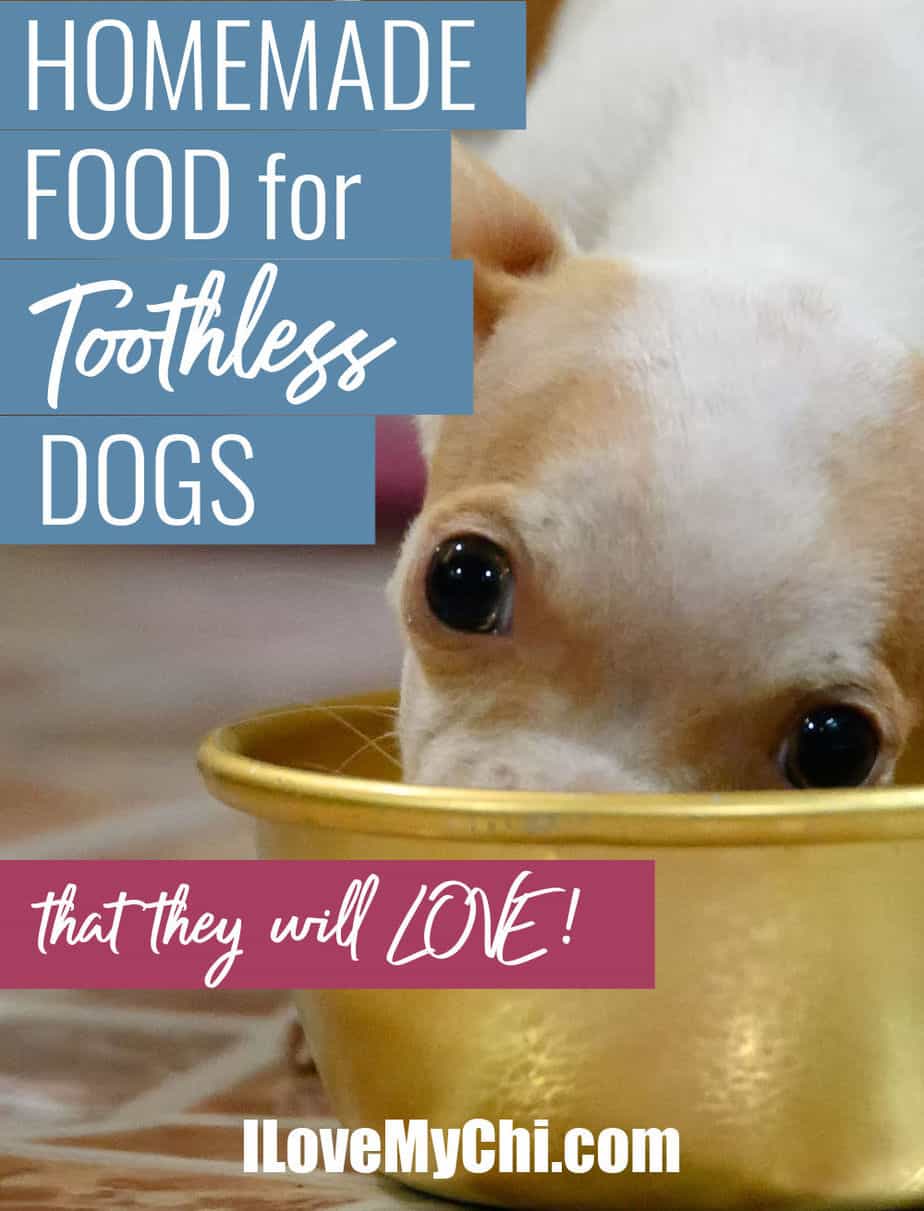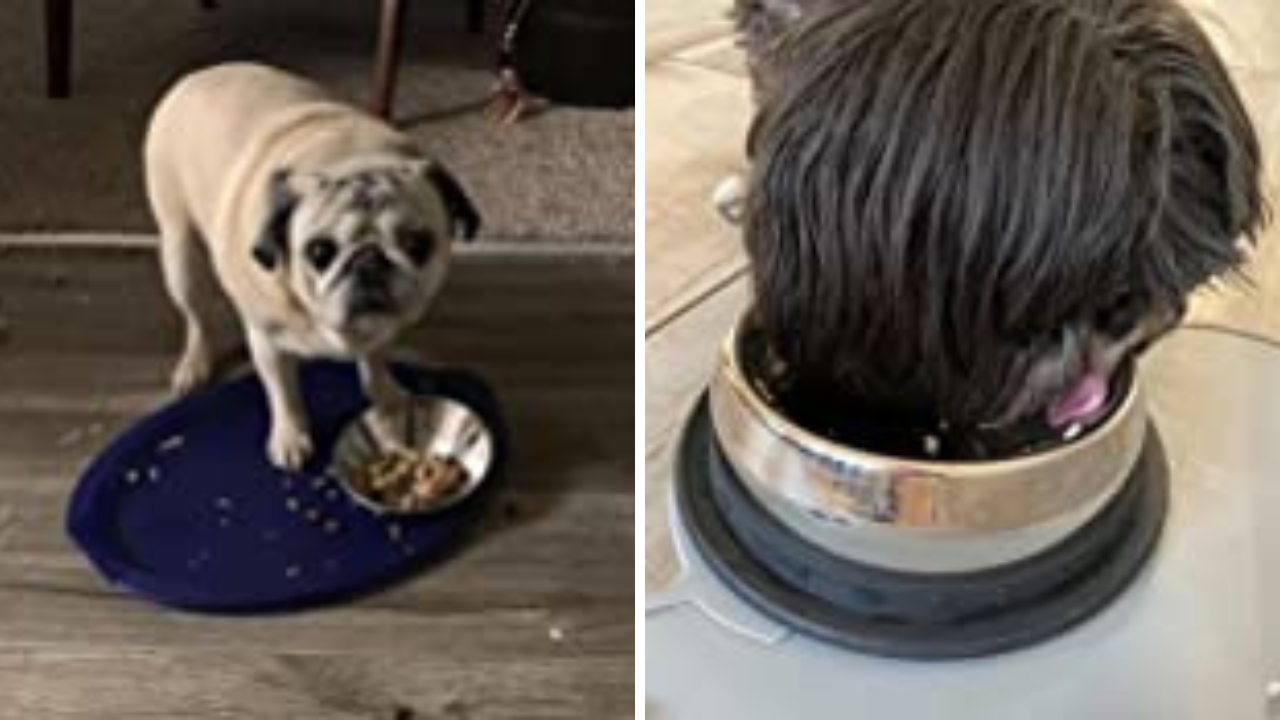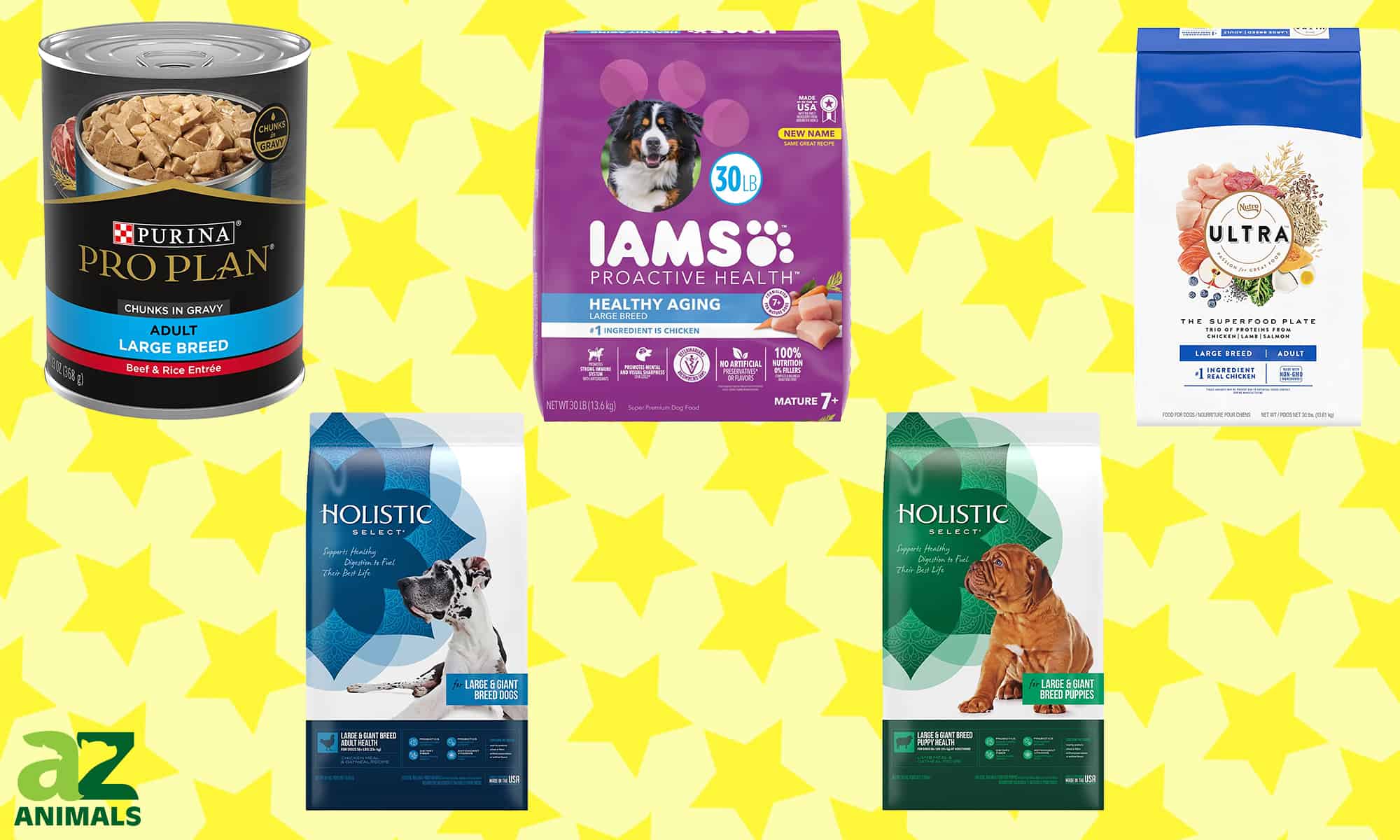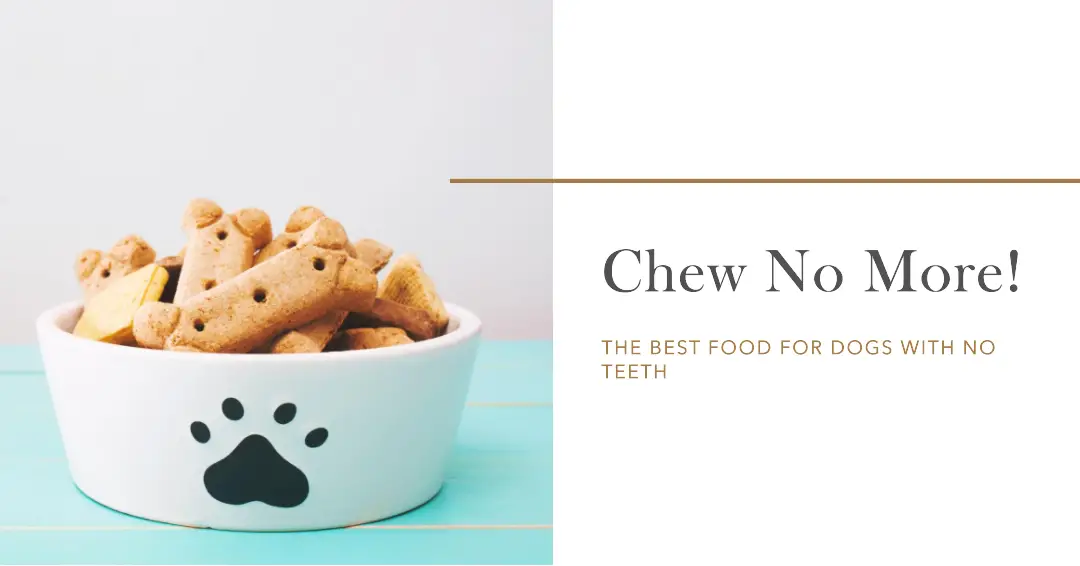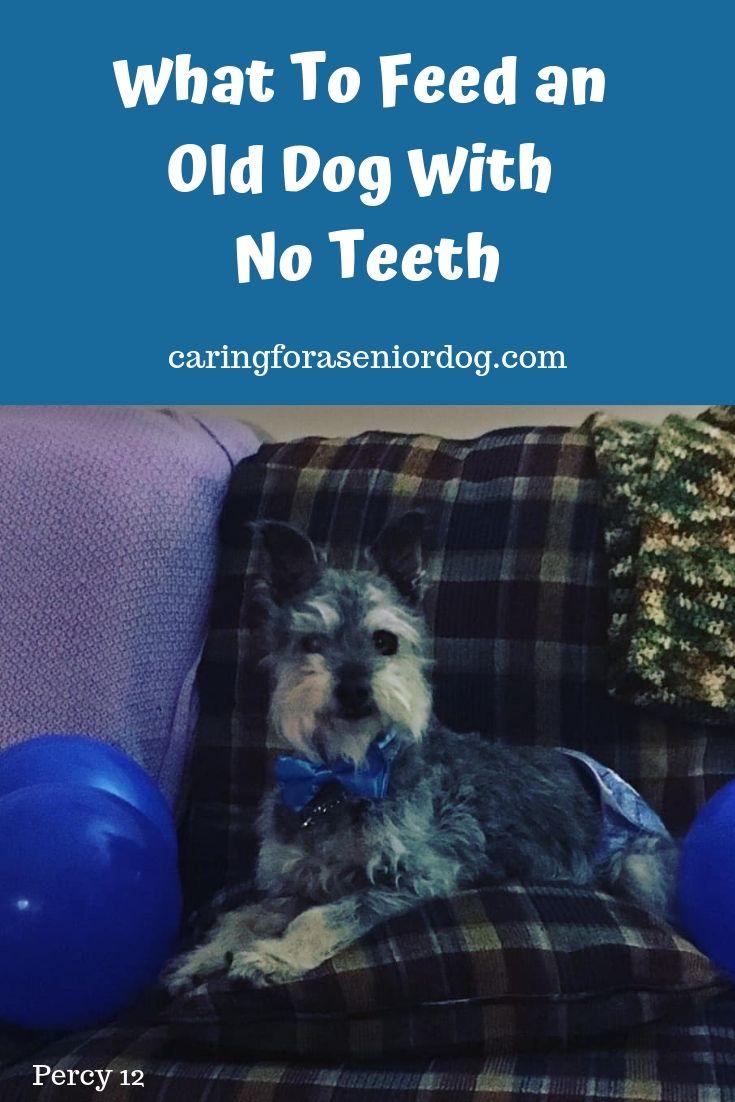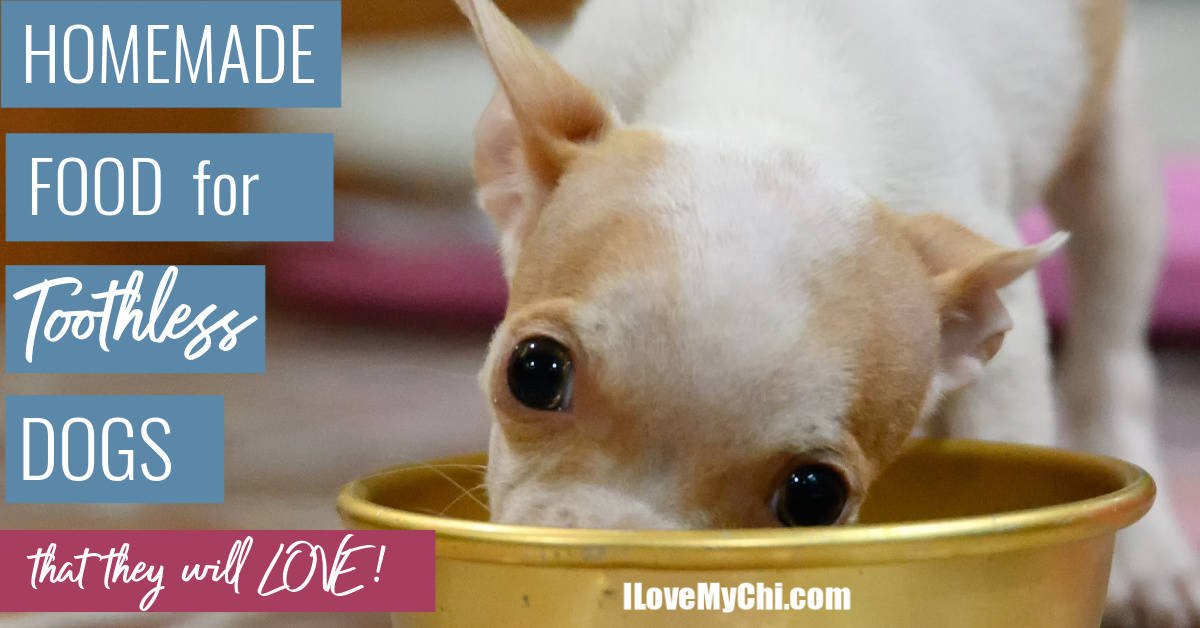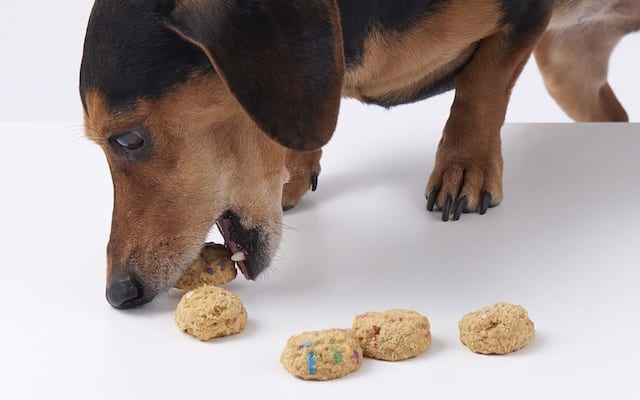Best Food For Old Dogs With No Teeth

Imagine your beloved golden retriever, Max, once a voracious eater, now tentatively sniffing his food bowl, a flicker of frustration in his gentle eyes. His golden years are upon him, and the teeth that once crunched kibble with gusto are, sadly, a distant memory. The question now isn't what he wants to eat, but how he can eat.
Finding the right food for a senior dog without teeth can feel overwhelming, but it's entirely manageable with a little knowledge and the right approach. This article will guide you through the best options, ensuring your senior companion enjoys mealtimes and receives the nutrition they need.
Understanding the Needs of Senior Dogs
As dogs age, their dietary needs change. According to the American Animal Hospital Association (AAHA), senior dogs often require fewer calories due to decreased activity levels and slower metabolisms. They also benefit from diets that are easily digestible and support joint health.
The absence of teeth presents a unique challenge, making hard kibble impossible to manage. This necessitates a shift to softer, more easily consumed options. The goal is to provide palatable and nutritious meals that don't require chewing.
Excellent Soft Food Options
Several excellent food options can cater to older dogs with dental challenges. These generally fall into a few categories:
Canned/Wet Food
Canned dog food is often a go-to choice because of its soft texture and palatable flavor. Look for high-quality brands that list meat as the primary ingredient. Avoid those with excessive fillers or artificial additives.
According to many veterinarians, the higher moisture content in wet food is also beneficial for older dogs, helping with hydration and kidney function. Consulting with your vet is always a good idea to determine the appropriate serving size.
Soaked Kibble
If your dog is accustomed to kibble, you can still incorporate it into their diet by soaking it in warm water or broth. This softens the kibble to a mash, making it easier for them to eat. Let the mixture sit for at least 15 minutes before serving.
This is a cost-effective option, especially if you already have kibble on hand. Ensure the kibble is of good quality and appropriate for senior dogs.
Homemade Dog Food
Preparing homemade dog food gives you complete control over the ingredients. Always consult with a veterinary nutritionist before switching to a homemade diet to ensure it's nutritionally balanced.
Popular ingredients include cooked sweet potatoes, ground meat (turkey or chicken), rice, and cooked vegetables like carrots and green beans. These are all easy to mash and digest. Remember, balance is key.
Specialty Soft Food Diets
Some companies offer commercially prepared soft food diets specifically formulated for senior dogs or those with dental issues. These often contain added nutrients to support joint health, cognitive function, and overall well-being.
These are convenient options, but carefully examine the ingredient list to ensure they meet your dog's specific needs and avoid any potential allergens.
Tips for Feeding a Toothless Dog
Beyond selecting the right food, consider these practical tips for feeding a dog without teeth:
Serve food at room temperature to enhance flavor and make it easier to digest. Use a shallow bowl to make it easier for your dog to access the food. Small, frequent meals are easier on a senior dog's digestive system than one or two large meals.
"Monitor your dog's weight and body condition regularly and adjust their food intake as needed," emphasizes Dr. Emily Carter, a veterinarian specializing in senior pet care.
The Joy of Feeding
While the journey of caring for an older, toothless dog presents unique challenges, it's also filled with opportunities for deeper connection. Watching Max enjoy his softened meal, tail wagging faintly, brings a sense of peace and reaffirms the unspoken bond between human and canine.
Remember that every dog is unique, and what works for one may not work for another. By observing your dog's preferences, consulting with your veterinarian, and embracing a little experimentation, you can ensure your senior companion continues to enjoy their golden years, one delicious, teeth-free bite at a time.
